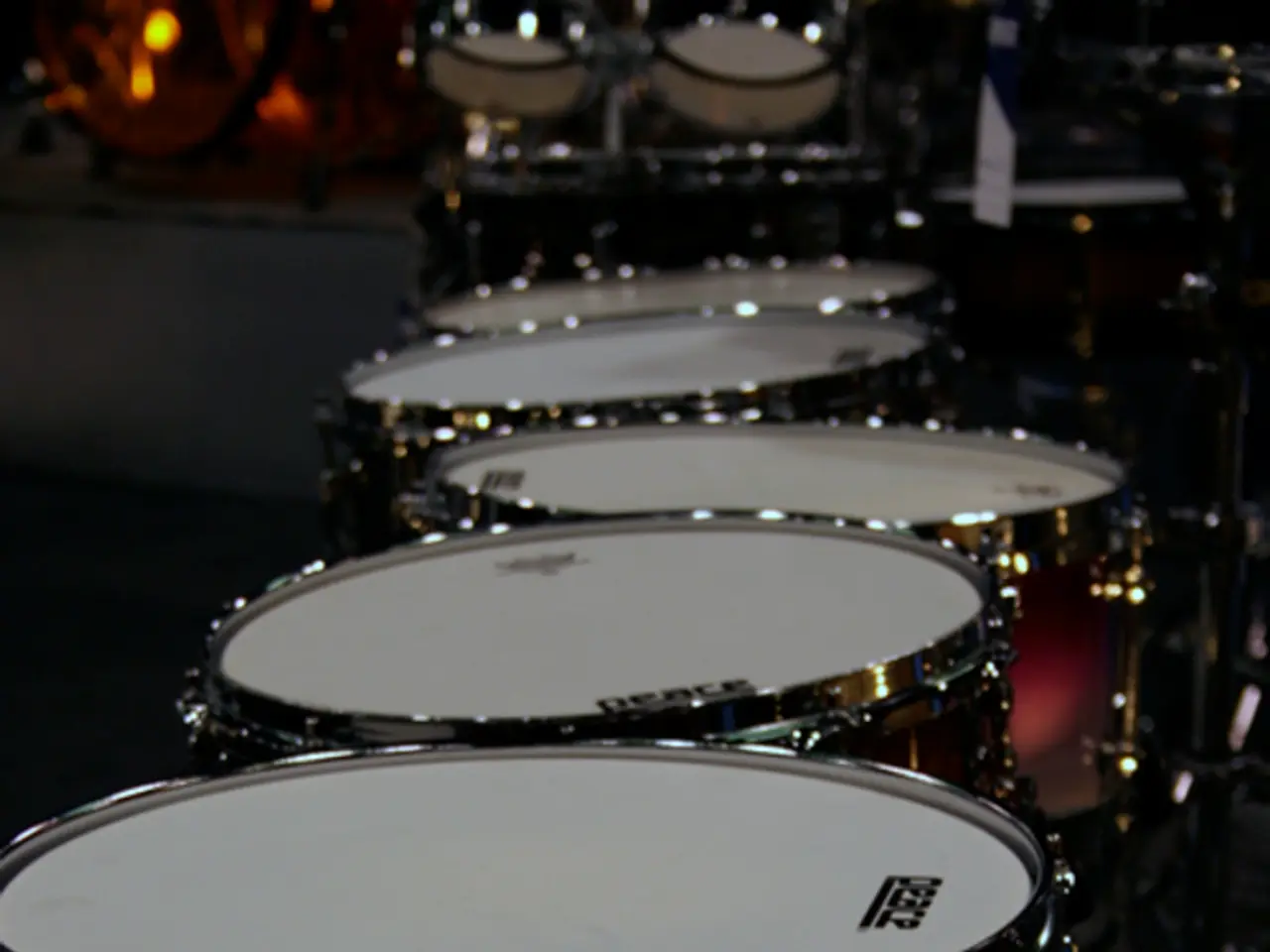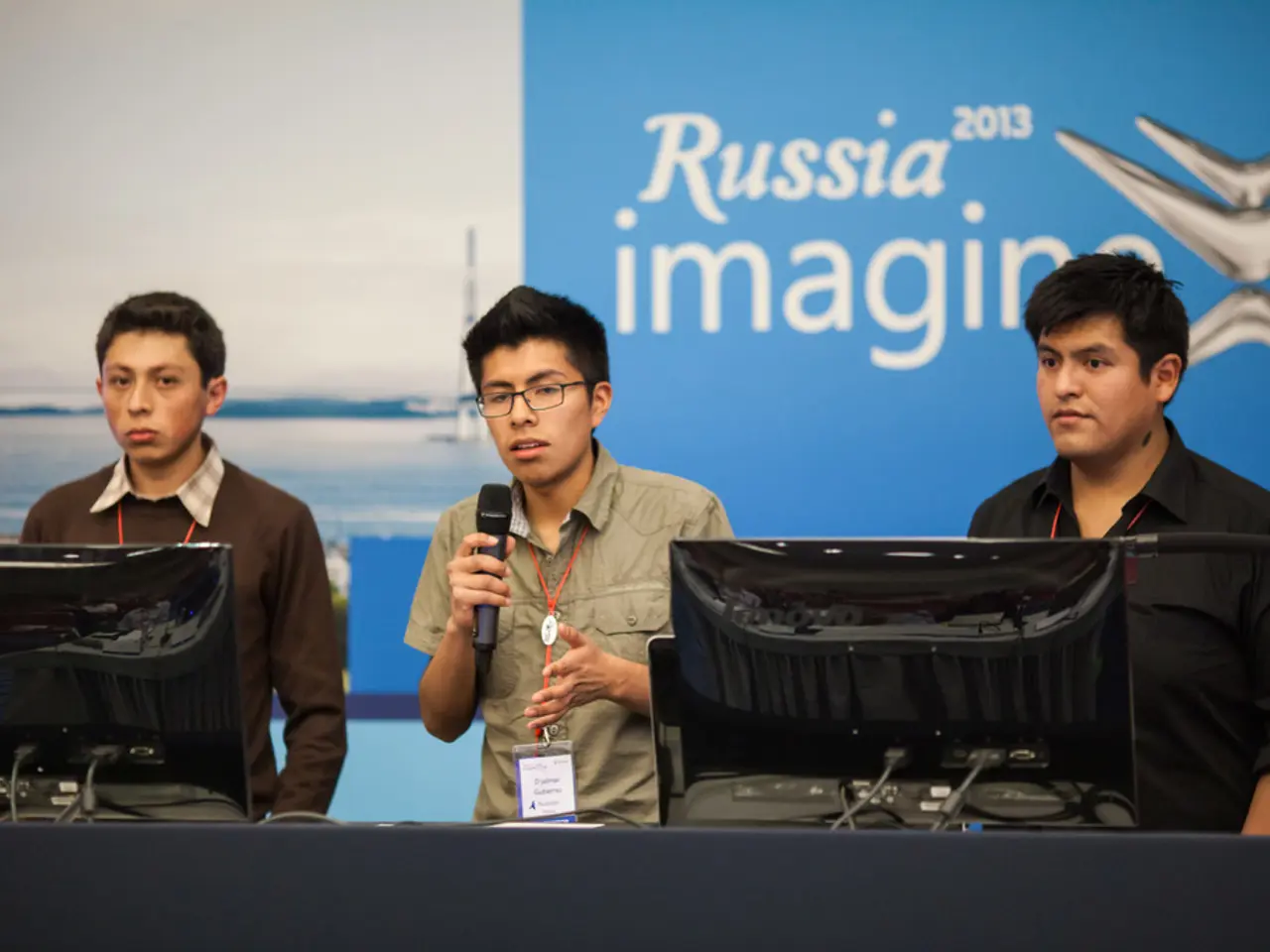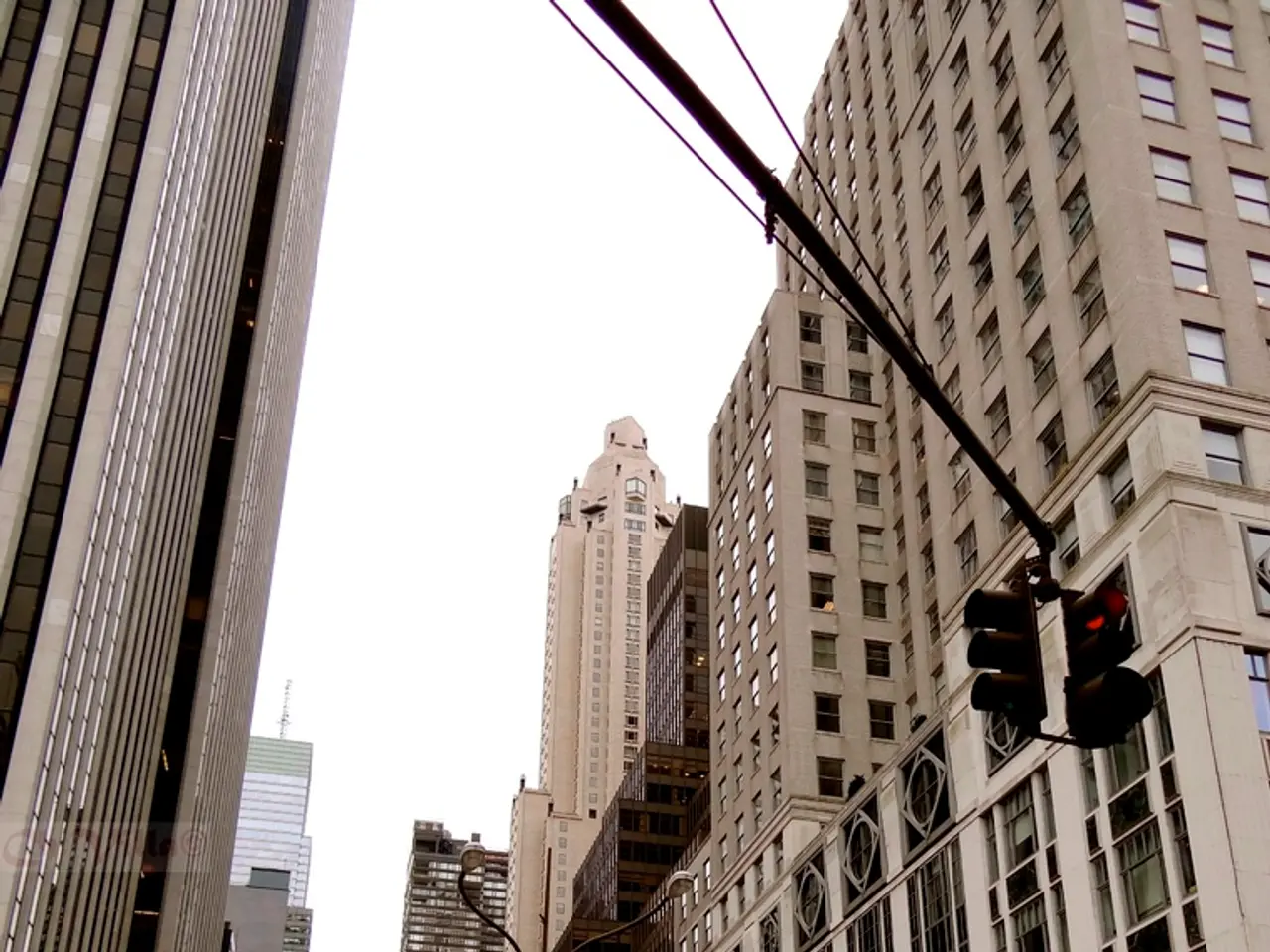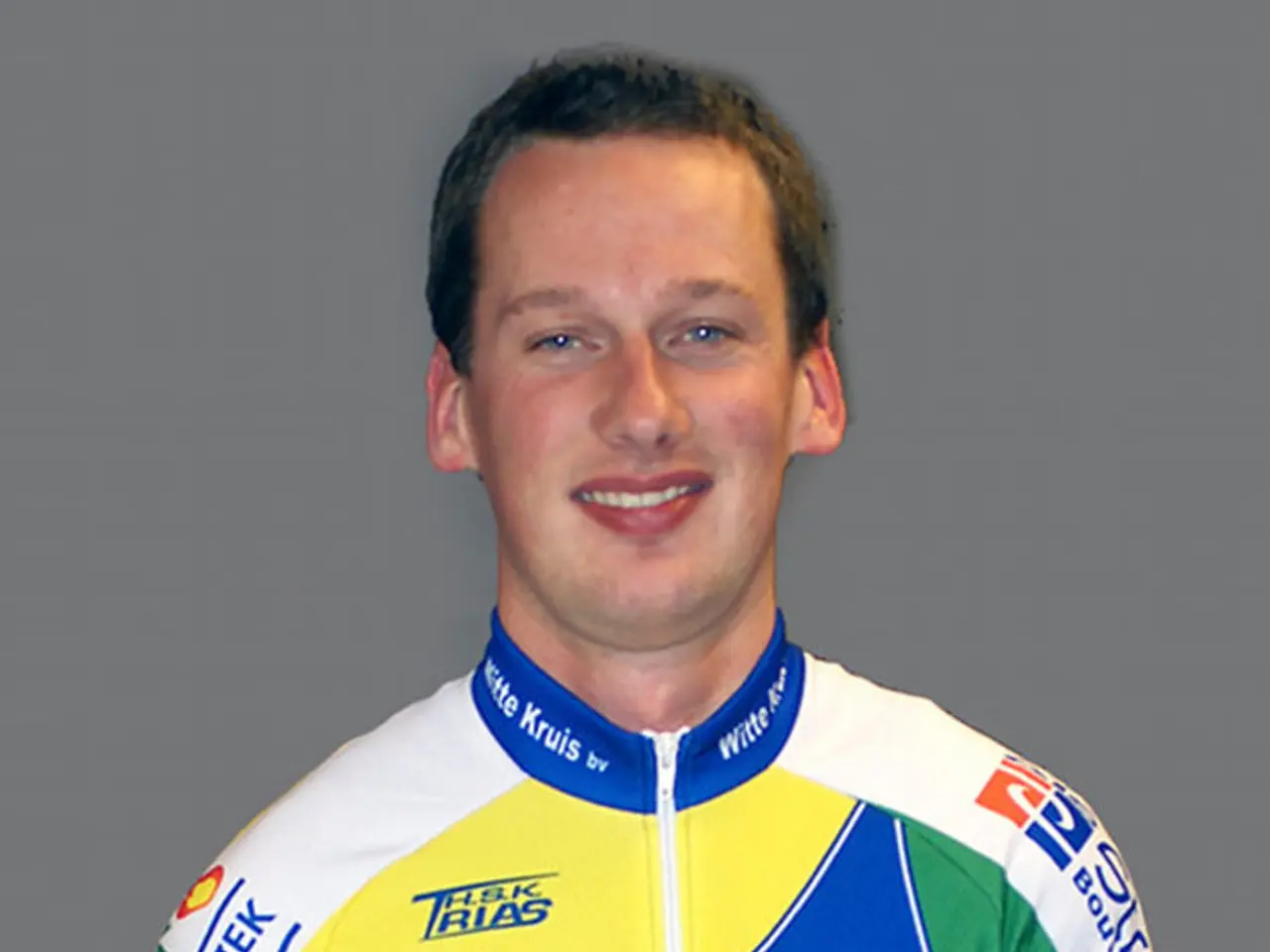President's EU Parliament cabinet gathering convenes at our site's premises
In a recent development, Mr. Kamil Maj, a member of the EU Parliament's cabinet for agriculture, has provided valuable assistance in addressing the concerns of beekeepers across Europe. Mr. Maj, who is well-versed in the issues of beekeeping, has offered specific instructions and contacts to help address these challenges.
The process for presenting beekeeping problems to the European Parliament's Committee on Agriculture and Rural Development (AGRI) and organizing a round table discussion on beekeeping in the European Parliament involves several key steps. Although explicit, detailed procedural guidelines for beekeeping-specific submissions are not directly outlined, the general procedures for issue advocacy and event organization within the European Parliament framework can be inferred.
Engagement with relevant stakeholders and expert groups is the first step. Beekeeping issues are often presented through collaboration with expert groups, agricultural organizations, or professional associations. These groups can advise, provide evidence, and submit formal inputs to the AGRI Committee.
Formal submission or request for agenda inclusion is the second step. Interested parties, such as beekeeping associations, research centers, or advocacy groups, can submit a formal request or position paper to the AGRI Committee or approach MEPs specializing in agriculture and rural development to raise the issue.
The third step is proposing a round table or hearing. To organize a round table discussion within the European Parliament, stakeholders typically coordinate with the secretariat of the AGRI Committee or collaborate with MEPs who can sponsor or organize such events. These discussions offer a platform to bring together policymakers, experts, industry representatives, and stakeholders to exchange views and identify solutions.
Utilizing intergroups or informal groupings is the fourth step. The European Parliament sometimes facilitates intergroups or informal groups focused on specific topics like beekeeping or sustainable agriculture, which can be used to organize thematic round tables or workshops inside the Parliament premises.
Finally, publicizing and following up are crucial. After the round table, the outcomes can be communicated back to the AGRI Committee and possibly influence legislative proposals or funding priorities related to apiculture. Continuous follow-up with MEPs and Commission expert groups is key for ongoing attention to beekeeping challenges.
Mr. Kamil Maj's assistance comes at a time when beekeeping issues have received increased political attention. The President of the European Parliament, Ms. Roberta Metsola, was involved in a meeting regarding beekeeping issues, and the European Parliament's Committee on Agriculture AGRI was mentioned as a potential body for discussing these issues.
In the meeting, President Boštjan Noč and Vice-President Rodoljub Živadinovič discussed the problems of beekeeping in Europe. The President of the European Parliament has expressed her support for the efforts of beekeepers, according to Mr. Kamil Maj, and has promised to respond in writing to the problems and initiatives related to beekeeping.
This process ensures that beekeeping concerns receive adequate political attention and practical discussion in the European Parliament setting, offering hope for the future of beekeeping in Europe.
In the context of increasing political attention towards beekeeping issues, initiating policy-and-legislation discussions within the European Parliament's Committee on Agriculture and Rural Development (AGRI) begins with engaging relevant stakeholders and expert groups, followed by a formal submission or request for agenda inclusion. Stakeholders can organize a round table discussion on beekeeping by coordinating with the AGRI Committee's secretariat or collaborating with MEPs specializing in agriculture and rural development. This process underscores the role of politics in addressing general-news issues such as the challenges faced by European beekeepers.







